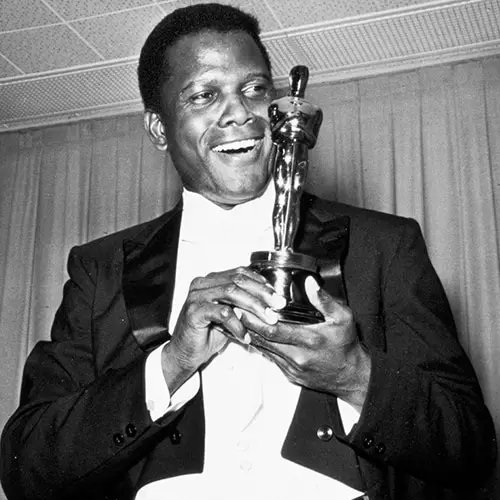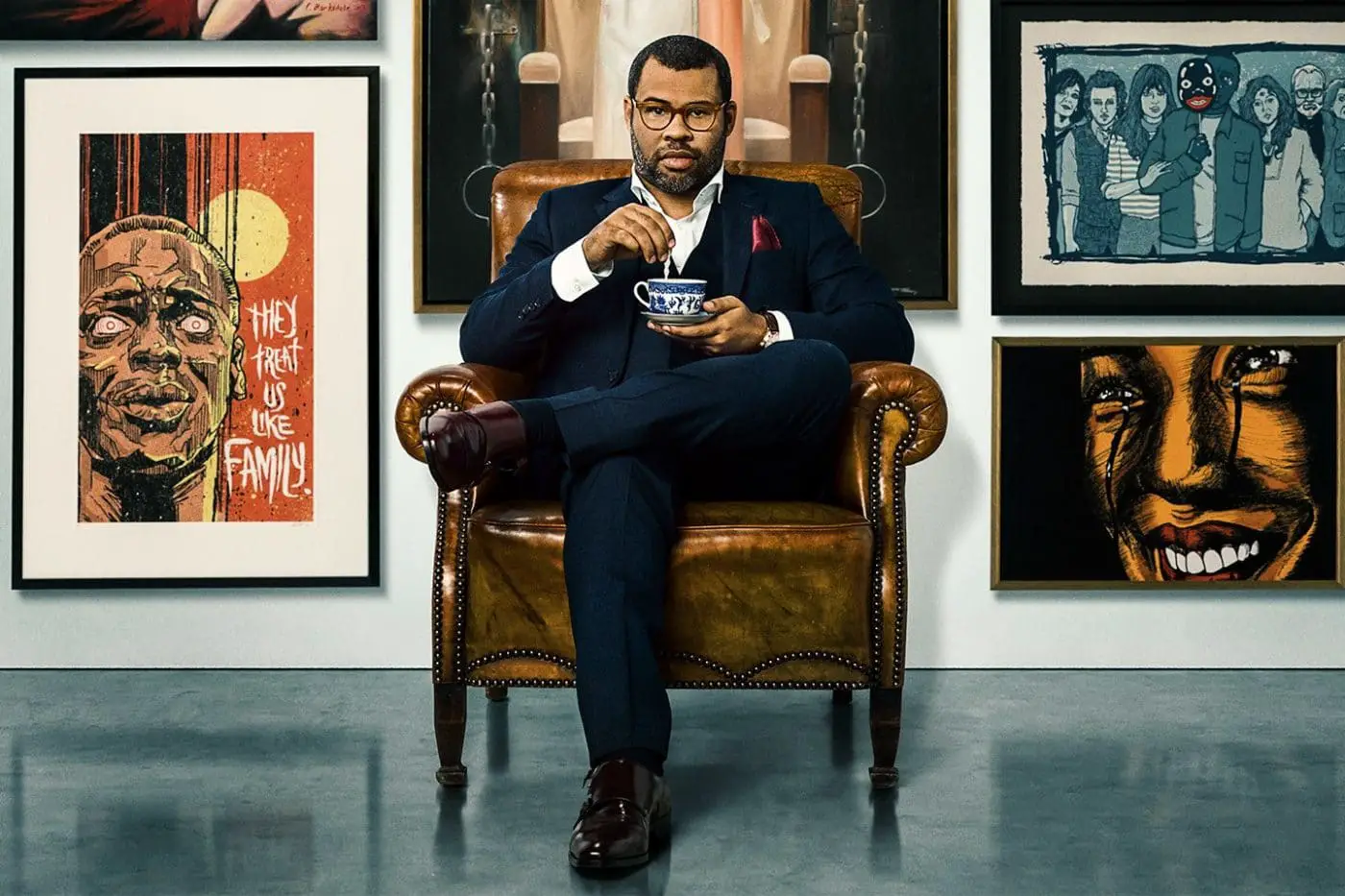[dropcap]T[/dropcap]he Oscars are fast approaching and, as is customary, everyone is making their predictions. Most of the debate is centered around which film will take home Best Picture, but this year has a different feel about it.
 A Shift In Trend
A Shift In Trend
Instead of simply looking at the ‘best’ or most ‘entertaining’ film of the year, the discussion has shifted towards which is the most culturally significant. This distinct shift in rewarding socially conscious films kicked off in 2005 – with its unflinching examination of racial and social tensions in L.A., Crash was the surprise winner ahead of the critically favored, Brokeback Mountain. Since then, with the notable exceptions of The Departed, The Artist and Birdman, the Best Picture has gone to movies with something to say about the relevant issues of the times.
The last two best picture films, 2015’s Spotlight and 2016’s Moonlight (uncanny similarity in titles), have in particular exemplified this change in attitude.
Both movies were rewarded for their bravery in the honest depictions of very difficult subjects that, in the past, were seen as rather ‘taboo’ issues and certainly not something to discuss on film.
Spotlight brilliantly covered the Boston Globe’s investigative unit and their unwavering commitment to breaking the Catholic Church’s widespread child-sex abuse cover-up in Boston while Moonlight offered a character study of a black man’s journey through life as he struggles with his sexuality, identity, and the emotional and physical abuse he endured growing up.
Both movies were rewarded for their bravery in the honest depictions of very difficult subjects that, in the past, were seen as rather ‘taboo,’ and certainly not something to discuss in film.
Impact of the Rising Social Consciousness
Originally initiated with the stated goal of “advancing the arts and sciences of motion pictures,” the Academy of Motion Pictures Arts and Sciences (or, more simply, the Academy), has grown to such a level it is watched by millions around the globe.
For the first 30 or so years, it was mainly big budget, classic Hollywood films that had any chance at success. Studios such as Warner Brothers, MGM, Universal, and Fox (subsequently 20th Century Fox) dominated the winner’s list and often shared multiple awards.
Largely due to the far-reaching impact of the civil rights movement the Academy started to recognize a growing social trend in movies as far back as 1967.

Movies like Guess Who’s Coming to Dinner and In the Heat of the Night, both featuring a black protagonist (both played to stern perfection by Sidney Poitier) waging against the prevailing prejudice, were nominated – with the latter taking home Best Picture.
Largely due to the far-reaching impact of the civil rights movement the Academy started to recognize a growing social trend in movies as far back as 1967.
Now, the Academy hasn’t always been known to choose the most deserving films. 1956’s forgettable, Around the World in 80 Days trumping Cecil B. DeMille’s mammoth, The Ten Commandments, is still arguably the best example of this. Maintaining excellence is no easy feat, however, somewhere along the way the Academy lost its relevance. Whether this is due to member voters being largely white, middle-aged, and male is up for speculation.
Controversy Sparking Hollywood Shake-ups
…of course, there is the Oscars So White campaign, which pushed the Academy to shift voter demographics to recognize more films with people of color…
What isn’t up for speculation though, is Oscars stalwart, Harvey Weinstein’s spectacular fall from grace; which shook Hollywood to its core, leading to the #MeToo and and #TimesUp movements to address sexual misconduct and abuse in the film industry.
Then of course, there is the Oscars So White campaign, which pushed the Academy to shift voter demographics to recognize more films with people of color – reflected in Moonlight’s win last year, ahead of many all-white nominees from the previous two years.
This has led to one of the biggest shake-ups in Oscars history with movies such as Get Out, Call Me By Your Name, and Lady Bird all being nominated for Best Picture, covering the historically unexplored themes of racial prejudice, the blossoming of a homosexual relationship, and the unerring bond between a mother and her daughter.

When it comes to who should win, there’s almost no denying it should be Get Out…
Which Points Us To…
So where does this lead us? Expert predictions seems to point to a 4 horse race between Get Out, The Shape of Water, 3 Billboards Outside Ebbing, Missouri, and Lady Bird. Of the other nominees, Christopher Nolan’s, Dunkirk or even the all-star cast of The Post are the dark horses.
When it comes to who should win, there’s almost no denying it should be Get Out, comedian turned director, Jordan Peele’s film about race relations in the United States, cleverly concealed as an extremely entertaining horror film.
What is in no doubt though, is while The Academy has polarized critical opinion over time, it has also admirably adapted to be more inclusive to films that speak to the cultural issues of our times.




